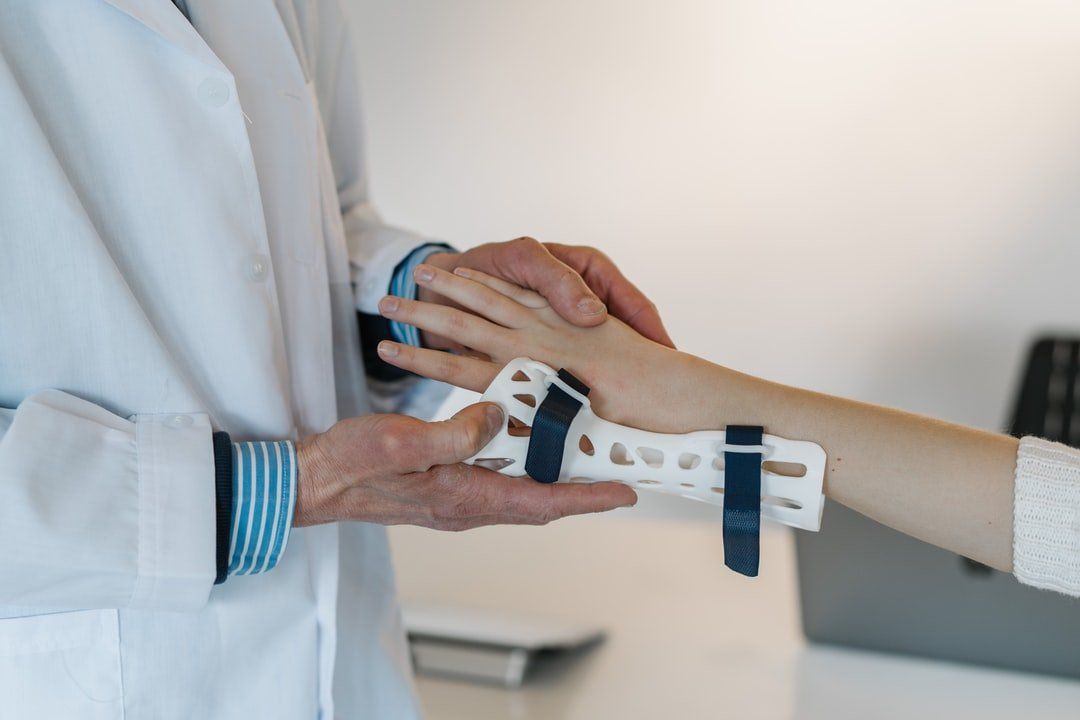What to Expect During a New Jersey Criminal Jury Trial
When you face criminal charges in New Jersey, the prospect of a jury trial can be a daunting experience. Understanding what to expect during a New Jersey criminal jury trial can help ease some of the anxiety that naturally comes with such a situation. In this beginner’s guide, we’ll walk you through the critical stages of a criminal jury trial in New Jersey.
Jury Selection Process
The process begins with jury selection, where both the prosecution and the defense choose jurors responsible for determining the defendant’s guilt or innocence. Ensuring a fair and impartial jury is crucial, as this forms the foundation of a just trial.
The Role of the Prosecution
The prosecution is responsible for making its case against the defendant. The trial will provide arguments, call witnesses, and present evidence to establish the defendant’s guilt beyond a reasonable doubt.
The Role of the Defense Criminal Lawyer NJ
The defense, on the other hand, advocates for the defendant. They may cross-examine witnesses, present their evidence, and make arguments to create doubt about the prosecution’s case.
Opening Statements
Both sides present opening statements to outline their case. These statements provide a roadmap for what the jury can expect to see and hear during the trial.
Presentation of Evidence
Evidence is presented during the trial, which can include witness testimony, documents, and physical evidence. The prosecution and defense can question witnesses and challenge the admissibility of evidence.
Cross-Examination
Cross-examination is a critical part of the trial. It allows the defense to question the credibility of prosecution witnesses and vice versa. Effective cross-examination can be a game-changer in a trial.
Legal Arguments
Both sides can make legal arguments, often referred to as motions. These arguments address issues related to the admissibility of evidence, legal standards, and other matters that impact the trial’s direction.
Jury Instructions
Before deliberation, the judge instructs the jury on the law relevant to the case. These instructions guide the jury in their decision-making process.
Closing Arguments
Both the prosecution and defense make closing arguments, summarizing their case and emphasizing key points. Closing arguments are the final opportunity to persuade the jury.
Jury Deliberation
The jury then retires to deliberate in private. They review the evidence, consider the arguments, and ultimately reach a verdict. In New Jersey, a unanimous decision is required for a verdict.
The Verdict
Once a verdict is reached, it’s announced in court. If the verdict is “not guilty,” the defendant is acquitted. If it’s “guilty,” the case moves to the sentencing phase.
Post-Trial Procedures
Following a verdict, there may be post-trial motions or appeals. These legal processes can affect the outcome of the case.
Conclusion
In New Jersey, a criminal jury trial is a multifaceted legal process. Understanding each stage can help you navigate the experience more confidently. If you face such a trial, consulting with an experienced attorney is essential to ensure your rights are protected and your defense is strong.











